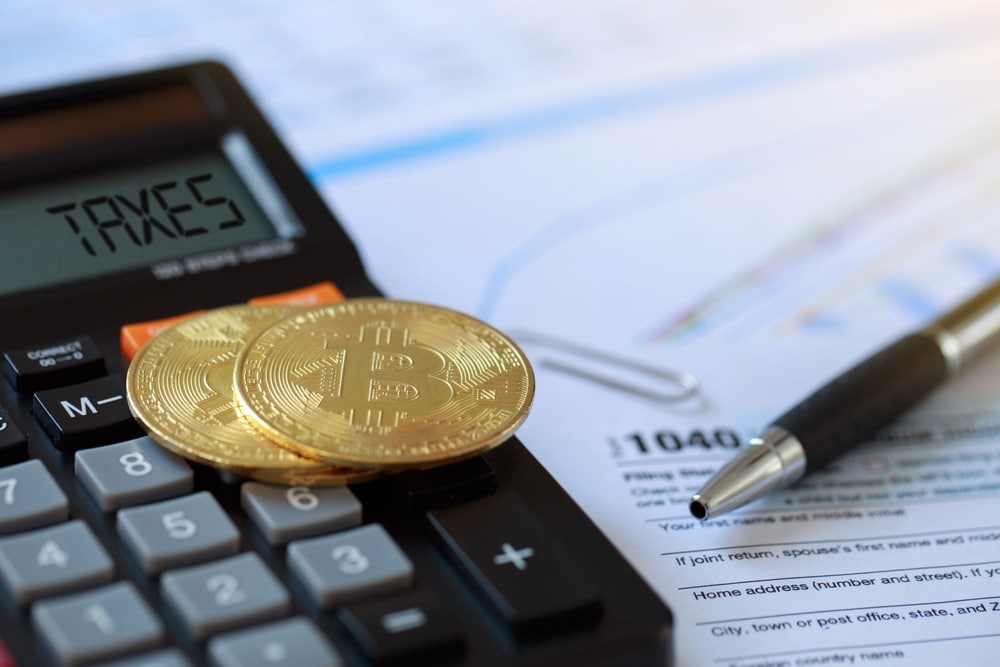
India Seeks $86 Million from Binance in Unpaid Taxes
Binance is dealing with regulatory trouble in India. Binance had been cooperating with Indian authorities in the matter of the WazirX probe. However, the exchange has received a heavy penalty of $86 million recently from the local regulators.
The report has confirmed that Binance has received a notification from the regulatory agencies in the region to pay $86 million in the form of unpaid general sales tax (GST).
$86 Million Unpaid GST Tax
This penalty award is a condition for Binance to resume operations in the region once again after a former ban. On this front, Indian authorities have asked Binance to pay 722 crore INR or $86 million in the form of unpaid taxes generated from Binance exchange.
Binance has managed to establish a number of offshore trading platforms. The firm was banned in India starting from January 2024 due to non-compliance charges extended by local regulators.
In April, Binance announced resuming crypto trading services in the sector after completing the pending tax obligations. As of 6th August, the Director General of Goods and Service Tax Intelligence (DGGI) is an Indian law enforcement agency that has demanded 86 million from Binance in the form of Goods and Services Tax (GST).
The Times of India also added quotes from insider sources in a recent report postulating that Binance made 4000 crores in the form of transaction fees.
Binance’s Entry in Indian Markets
The DGGI has reported that Binance tax obligations are the first instance for regulators, brining any crypto firm under the taxable net. At the same time, Indian regulators have also sent emails to Binance officials in Seychelles, Cayman Islands, and Switzerland.
However, Binance has refrained from responding to these notifications thus far. Eventually, Binance appointed a formal counsel to resolve this matter at a later date.
Indian regulations mandate all crypto firms and investors to pay a 1% tax. This tax is applicable as TDS on different crypto transactions, regardless of the amount. At the same time, profits generated from crypto trading have a tax implication of as high as 30%.
Indian crypto trading platforms like WazirX and CoinDCX implement simplified the design to simplify the process of taxation for their investors. However, offshore exchange platforms often fail to force this requirement.
Binance planned a $2 million penalty for non-compliance and restored services for Indian investors. However, a $86 million fine was based on the tax obligations from local trading activities taking place on Binance when it was active in the area.
Tax authorities have imposed heavy tax obligations on foreign crypto exchange that were operating in the region prior to registration. Some of the top foreign trading platforms that may have to deal with the same tax obligations are Kraken, KuCoin, Bitfinex, Bitstamp, Bittrex, Huobi, MEXC Global, and Gate.io.
CoinDCX Launches Protection Fund to Secure Indian Crypto Investors
CoinDCX is operating under Crypto Investor Protection Fund and it is set to enhance security for local investors with recent upgrades. As per the report, the trading platform has allocated 2% brokerage revenue on a yearly basis as a way to secure digital assets.
CoinDCX is one of the top trading platforms that recently unveiled its Crypto Investors Protection Fund (CIPF). This fund is directed towards setting up higher security standard in India.
The firm also published a press release noting that CIPF was created to compensate the investors for losses incurred in high unlikely unfavorable scenarios.
The compensation program provides coverage for security invasions and negative factors that can led to unexpected losses. The opening allocation in the system is valued to be around 50 crore INR that is estimated to be $595,800. Sumit Gupta, the co-founder of CoinDCX noted that the trading platform implemented comprehensive, multi-layered security strategies.
The firm also noted that industry, leading security measures such as multi-party computations (MPCs), two-factor authentication (2FA), and advanced encryption in the region, will secure investor details and asset reserves.




